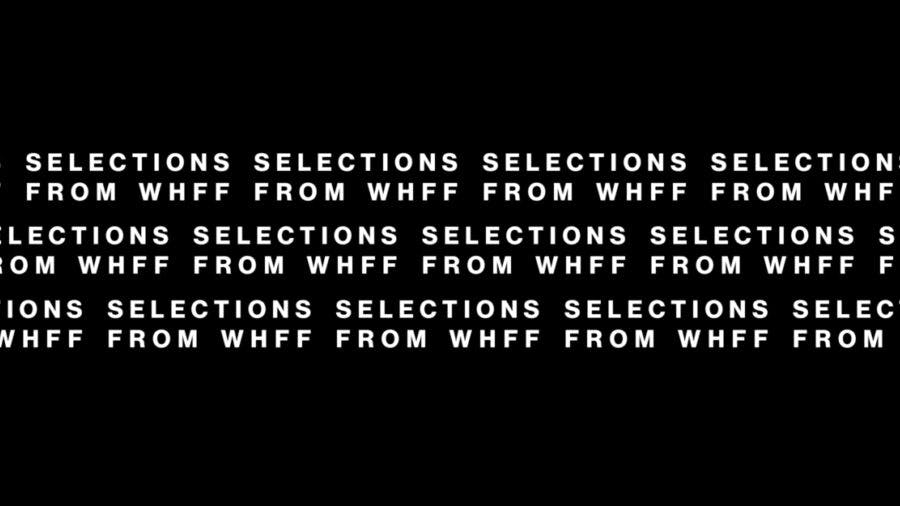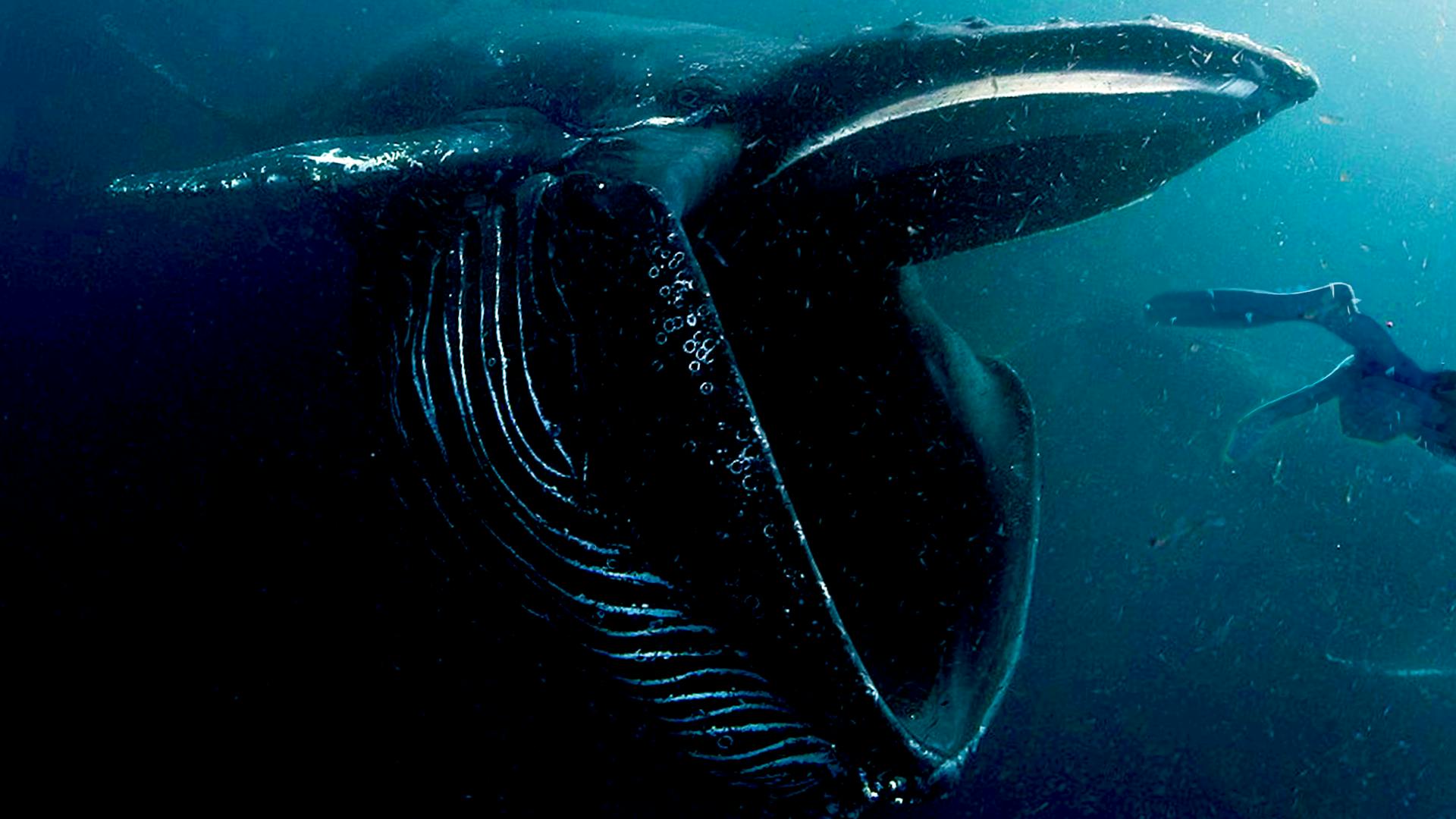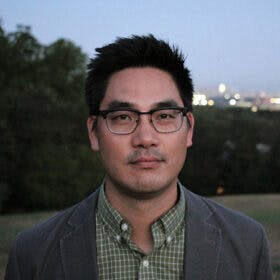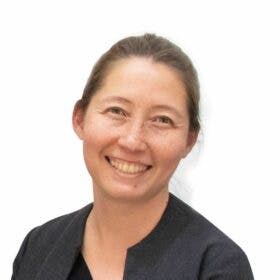

Selections from the Woods Hole Film Festival
Shown on our big screen, the series will explore a range of science-based topics.
Inundation District
In a time of rising seas and intensifying storms, one of the world’s wealthiest, most-educated cities, Boston, Massachusetts, made a fateful decision to spend billions of dollars erecting a new district along its coast — on landfill, at sea level. Unlike other places imperiled by climate change, this neighborhood of glass towers housing some of the world’s largest companies was built well after scientists began warning of the threats, including many at its own renowned universities. The city, which already has more high-tide flooding than nearly any other in the United States, called its new quarter the Innovation District. But with seas rising inexorably, and at an accelerating rate, others are calling the neighborhood by a different name: Inundation District.
A panel discussion with Associate Professor of Urban and Environmental Planning David Hsu, Associate Professor of Architecture and Urbanism Miho Mazereeuw, and filmmaker David Abel will follow the screening.
$15 General Public
$5 for MIT ID holders
This event is sold out.
Past Sessions
In the Whale

IN THE WHALE is a feature-length film about arguably the greatest fish story ever told, though this one is true. It's the account of a man who survived to tell the tale of being swallowed by a whale, and what happened after being spit out.
In the shark-filled waters off Cape Cod, Michael Packard has long tempted fate. For several months a year, Packard and his longtime mate, Josiah Mayo, cast off nearly every morning around dawn and navigate through the half-light to their diving grounds off Provincetown, the idiosyncratic, isolated community where they grew up at the tip of the Cape. Packard buckles on his scuba tank and plunges into the cold waters to hunt on the seafloor.
As the region’s last-remaining commercial lobster diver, the 57-year-old father has had his share of harrowing experiences, which include close encounters with great whites, nearly drowning, and having to pull up the body of a fellow diver. He even survived a plane crash in the jungles of Costa Rica, where he ran a charter fishing business. But what happened to him on a routine dive during a clear June morning was something he never imagined possible, and many around the world refused to believe.
In an experience of biblical proportions, Packard was engulfed by a humpback whale, caught in the watery cavity of its massive mouth. After some 30 seconds of a pitch-black captivity, in which he expected to die, he was spit out, fins first, to the surface, where Mayo and another fisherman rescued him.
The publicity was similarly dizzying for the reclusive fisherman, whose survival story spread around the world in news dispatches. But what came after the limelight dimmed was even more significant for Packard.
A Q&A with David Abel, Director of In the Whale, will follow the screening.
$15 General Public
$5 for MIT ID holders
Seating is limited. Pre-registration strongly suggested.




